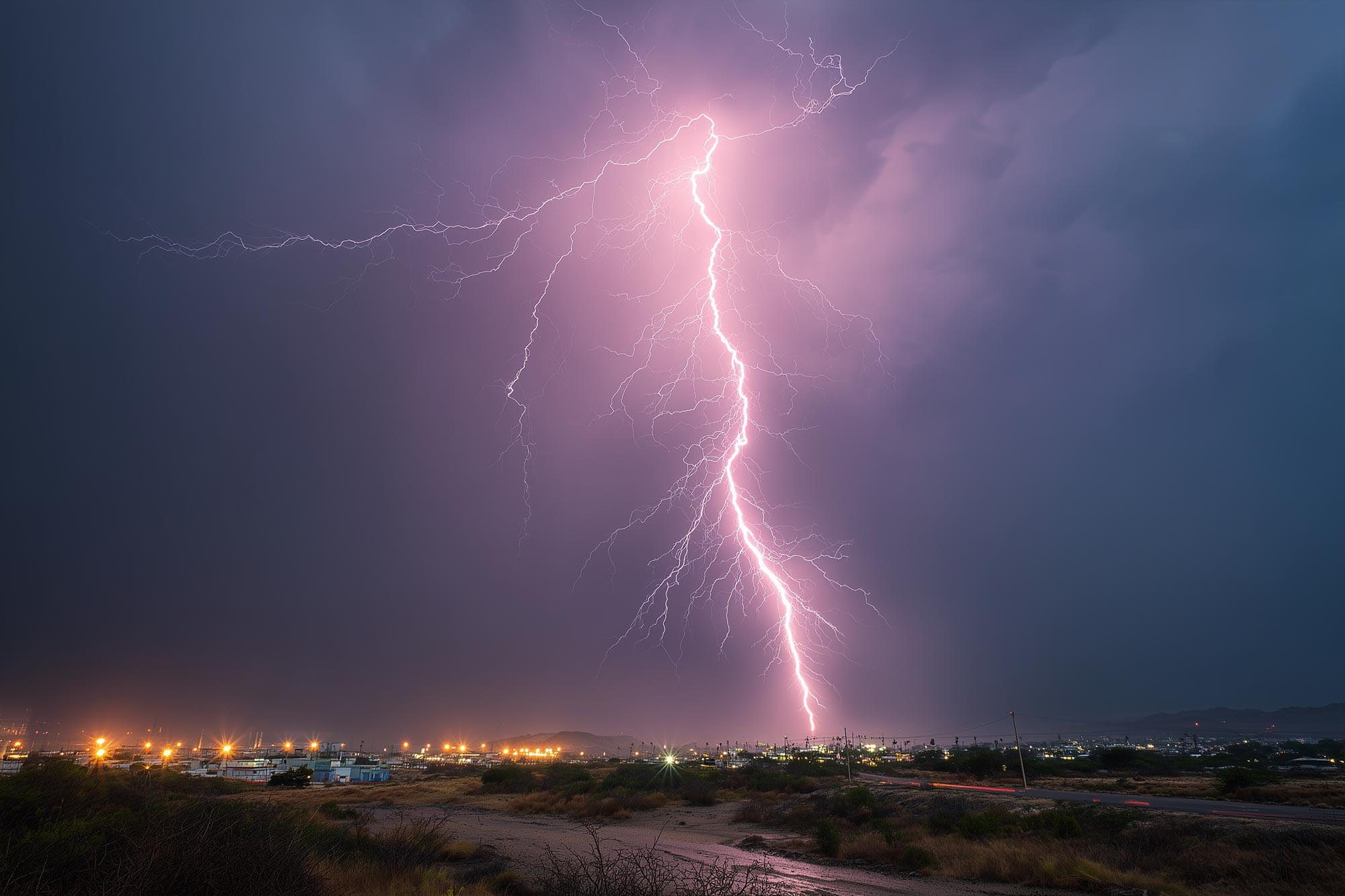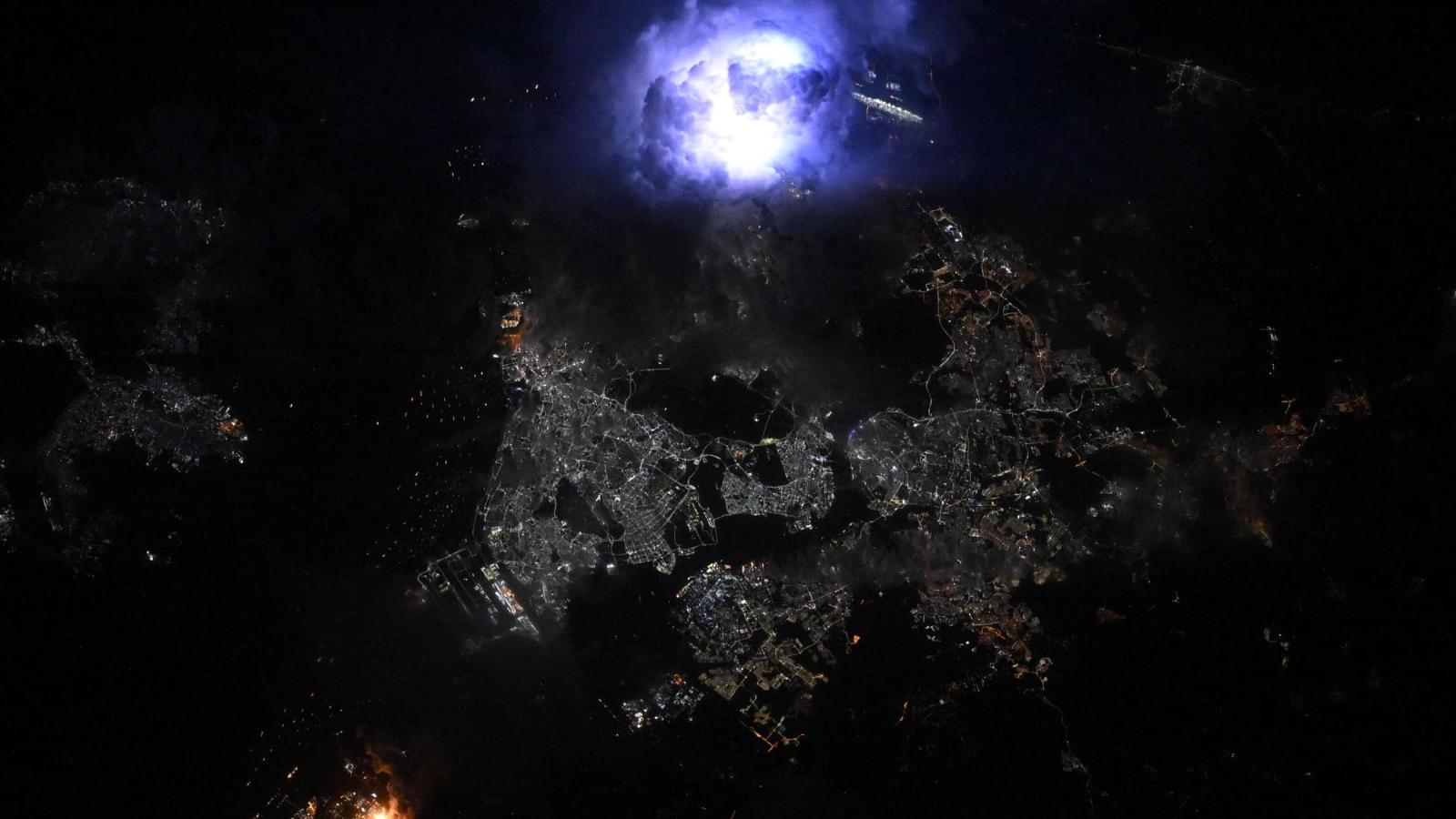A blockbuster study published in top science journal Nature last year warned that unchecked climate change could slash global GDP by a staggering 62% by century’s end, setting off alarm bells among financial institutions worldwide.
But a re-analysis by Stanford University researchers in California, released Wednesday, challenges that conclusion—finding the projected hit to be about three times smaller and broadly in line with earlier estimates, after excluding an anomalous result tied to Uzbekistan.
The saga may culminate in a rare retraction, with Nature telling AFP it will have “further information to share soon”—a move that would almost certainly be seized upon by climate-change skeptics.









